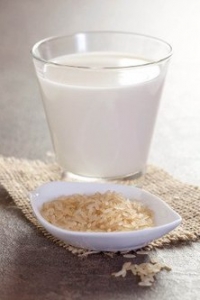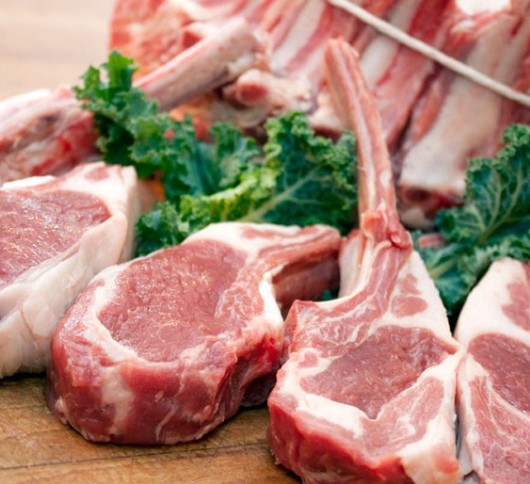Consumer prices remain the biggest barrier to the transition to sustainable agriculture
A new study by the Dutch Consumer and Markets Authority shows that the price premium for organic goods remains the biggest challenge in the transition to sustainable agriculture.
The biggest barrier to making agriculture more sustainable is the higher price of organic produce. Research shows that the majority of Dutch consumers are not willing to pay more for organic products, which currently have higher production costs than conventional products. The agricultural sector in the Netherlands is also heavily dependent on the export market, so the willingness of foreign consumers to pay for organic products should also increase.
At the request of the Minister for Agriculture, Nature and Food Quality, the Dutch Office for Consumers and Markets (ACM) conducted a study on food supply chain pricing for sustainable and unsustainable products and barriers to sustainability. ACM commissioned Wageningen University & Research to conduct part of the study. This research report is a continuation of Agro-Nutri Monitor 2020.
The results of Agro-Nutri Monitor 2021 confirm the results of previous monitoring, namely that the additional costs of organic production are usually offset by the higher price that producers receive for these products. However, supermarkets generally make lower net profits from organic products. The monitor also examined the cost to farmers of switching to organic production. The additional costs of producing organic products are currently borne by a small group of consumers who are willing to pay a higher price for these products. However, if the supply of organic products increases, more consumers should be willing to pay this higher price. This is the biggest obstacle to the transition to sustainable agriculture.
In its letter to the Minister, the ACM outlines possible ways to increase the sustainability of Dutch agriculture. To stimulate domestic demand, subsidies and VAT cuts could be used to make sustainable products cheaper for consumers. Increased cooperation between sustainability labels at European level could make it easier for manufacturers to charge a premium for these products abroad.
However, some measures to increase demand are unlikely to be enough. Measures to restrict production are also likely to be needed, such as agreements between farmers to meet higher sustainability standards, raising minimum legal requirements for sustainability, voluntary buyouts of unsustainable industries that cannot transform or, in extreme cases, expropriation of farmers. Obviously, these measures will have far-reaching implications for the sector, which need to be explored in more detail.
























































